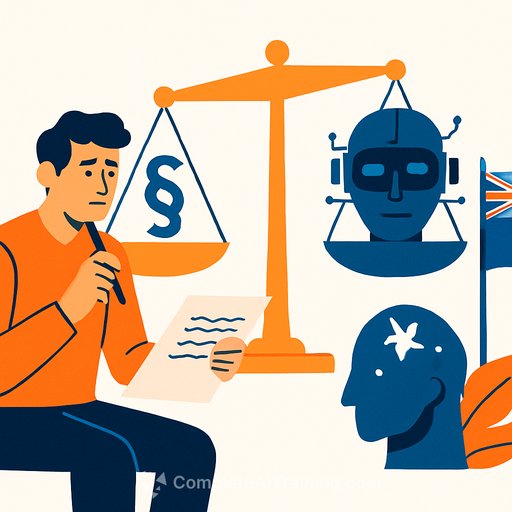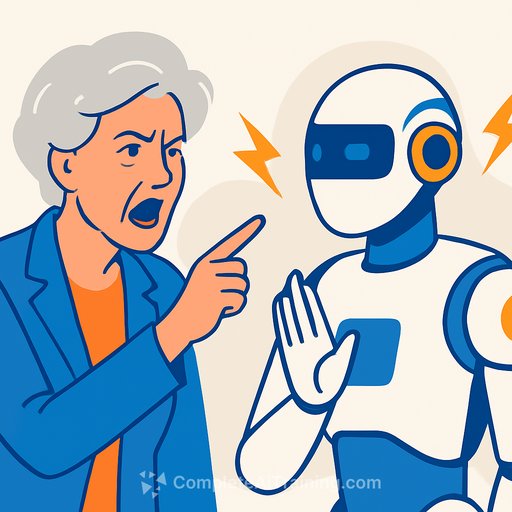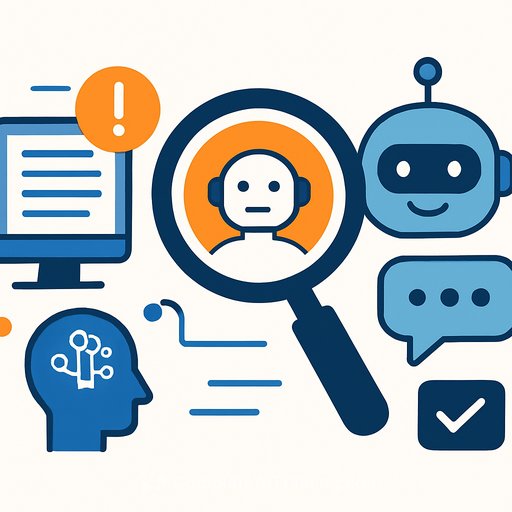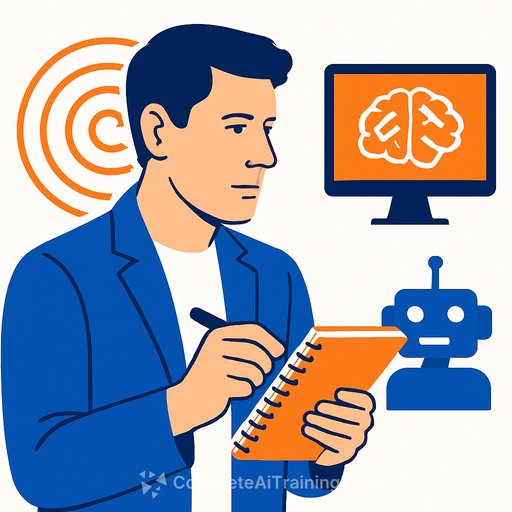An AI Startup’s $2.2 Billion Copyright Settlement: What It Means for Australian Writers
Anthropic, an AI company founded in 2021, has agreed to a historic US$1.5 billion (AU$2.28 billion) settlement in a class-action copyright lawsuit. The case was brought by novelists and non-fiction writers who accused Anthropic of using pirated books to train its AI models. If the settlement is approved, authors will receive roughly US$3,000 per book from around 500,000 titles involved in the case.
This settlement marks the largest copyright payout in US history and sets an important legal precedent for AI companies and content creators. It could influence ongoing lawsuits against major tech players like OpenAI, Microsoft, Google, and Apple.
What the Settlement Entails
- Anthropic will destroy the illegally downloaded books.
- The company agrees to stop using pirated books for AI training in the future.
- Compensation will only go to authors whose works are registered with the US Copyright Office within a specific timeframe.
The plaintiffs and Anthropic are working to finalize the list of compensated works by mid-September 2025.
Australian Writers’ Perspective: Cautious Optimism
Australian authors and industry leaders view the settlement with cautious optimism. Stuart Glover, head of policy at the Australian Publishers Association, emphasized the need for AI companies to respect copyright and pay creators fairly. He called on the Australian government to maintain strong copyright laws and require compensation when Australian works are used without permission.
Lucy Hayward, CEO of the Australian Society of Authors, welcomed the settlement as a recognition that AI companies must not use authors’ and artists’ work without permission. However, she raised concerns that many international authors, including Australians, may miss out on compensation because of the settlement’s registration requirements.
Hayward urged the Australian government to introduce laws mandating ongoing payments to creators when their works are used offshore for AI training.
Legal Challenges and Risks for Anthropic
In June 2025, a US judge ruled that training AI on books does not necessarily violate copyright law but allowed Anthropic’s trial to proceed over the use of pirated copies. The judge has expressed reservations about the settlement’s limitations and will decide whether to approve it by late September.
If the settlement is rejected, Anthropic faces a trial in December with potential statutory damages reaching up to US$150,000 per infringed work. Legal experts warn that damages could total billions, threatening the company’s financial stability despite its recent US$13 billion funding round and estimated valuation of US$183 billion.
Copyright Alliance CEO Keith Kupferschmid has argued that AI companies have sufficient resources to fairly compensate copyright owners without hindering innovation. The Authors Guild CEO Mary Rasenberger called the settlement a positive step toward licensing agreements that give creators both payment and control over their work’s use in AI.
Implications for Australian Copyright Law
Unlike the US, Australian copyright law does not include a “fair use” exception supporting AI training claims. Some AI companies, including Google and Microsoft, have lobbied for copyright exemptions in Australia. The recent Productivity Commission interim report proposed a text and data mining exception, which faced strong opposition from authors and publishers.
Arts Minister Tony Burke reaffirmed the government’s position in August 2025, stating there are no plans to weaken copyright protections.
The Australian publishing industry supports AI development but insists on clear legal and ethical frameworks. The Australian Publishers Association advocates for policies that ensure transparency, fair compensation, and protections for creators so both AI and cultural industries can thrive.
What Writers Should Take Away
- This settlement signals a growing legal expectation that AI companies pay for the content they use.
- Australian authors may not benefit directly unless their works are registered in the US, highlighting the need for stronger local copyright laws.
- Ongoing advocacy is crucial to secure fair compensation for creators whose work trains AI models globally.
- Understanding copyright rights and monitoring legislative changes will help writers protect their work in the AI era.
For writers interested in how AI tools affect content creation and copyright, exploring educational resources can be valuable. Visit Complete AI Training for courses tailored to writers navigating AI’s impact.
Your membership also unlocks:





